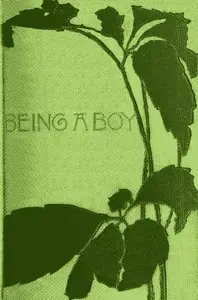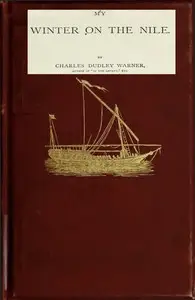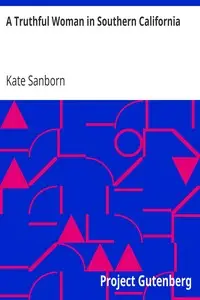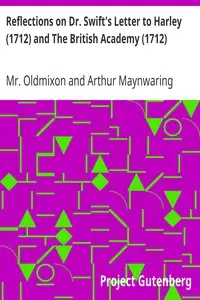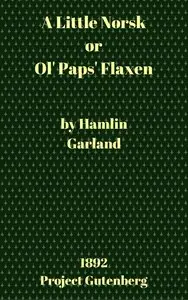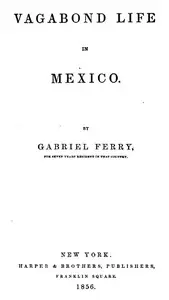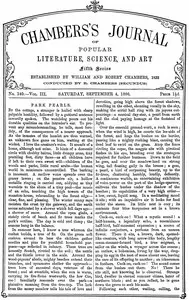"The Relation of Literature to Life" by Charles Dudley Warner is a philosophical essay written during the late 19th century. This book explores the profound connections between literature and human existence, arguing that literature is not merely an art form but a fundamental aspect of life itself. Warner posits that literature captures the essence of human experience and serves as a vital source of reflection and moral guidance for society. In the essay, Warner uses allegorical imagery to illustrate the fleeting nature of most literature, describing authors as builders attempting to construct vessels (books) that might endure through time. He reflects on how the majority of these vessels sink or become lost, highlighting the rarity of truly impactful literature. However, Warner also emphasizes the enduring significance of great literary works, stating that they cultivate a deeper understanding of life, inspire aspirations, and provide comfort to humanity. Through examples ranging from the Bible to the works of poets, he illustrates how literature fulfills a higher need in human nature, significantly influencing personal and societal development. Ultimately, his exploration articulates the essential role literature plays in shaping moral consciousness and fostering emotional connections within cultures. (This is an automatically generated summary.)
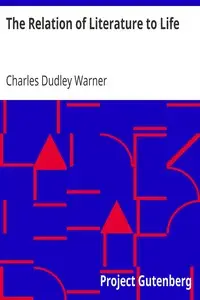
The Relation of Literature to Life
By Charles Dudley Warner
"The Relation of Literature to Life" by Charles Dudley Warner is a philosophical essay written during the late 19th century. This book explores the pr...
Free Download
Overview
About the Author
Charles Dudley Warner was an American essayist, novelist, and friend of Mark Twain, with whom he co-authored the novel The Gilded Age: A Tale of Today.
Total Reviews
10.0k
Total reviews from Goodreads may change





